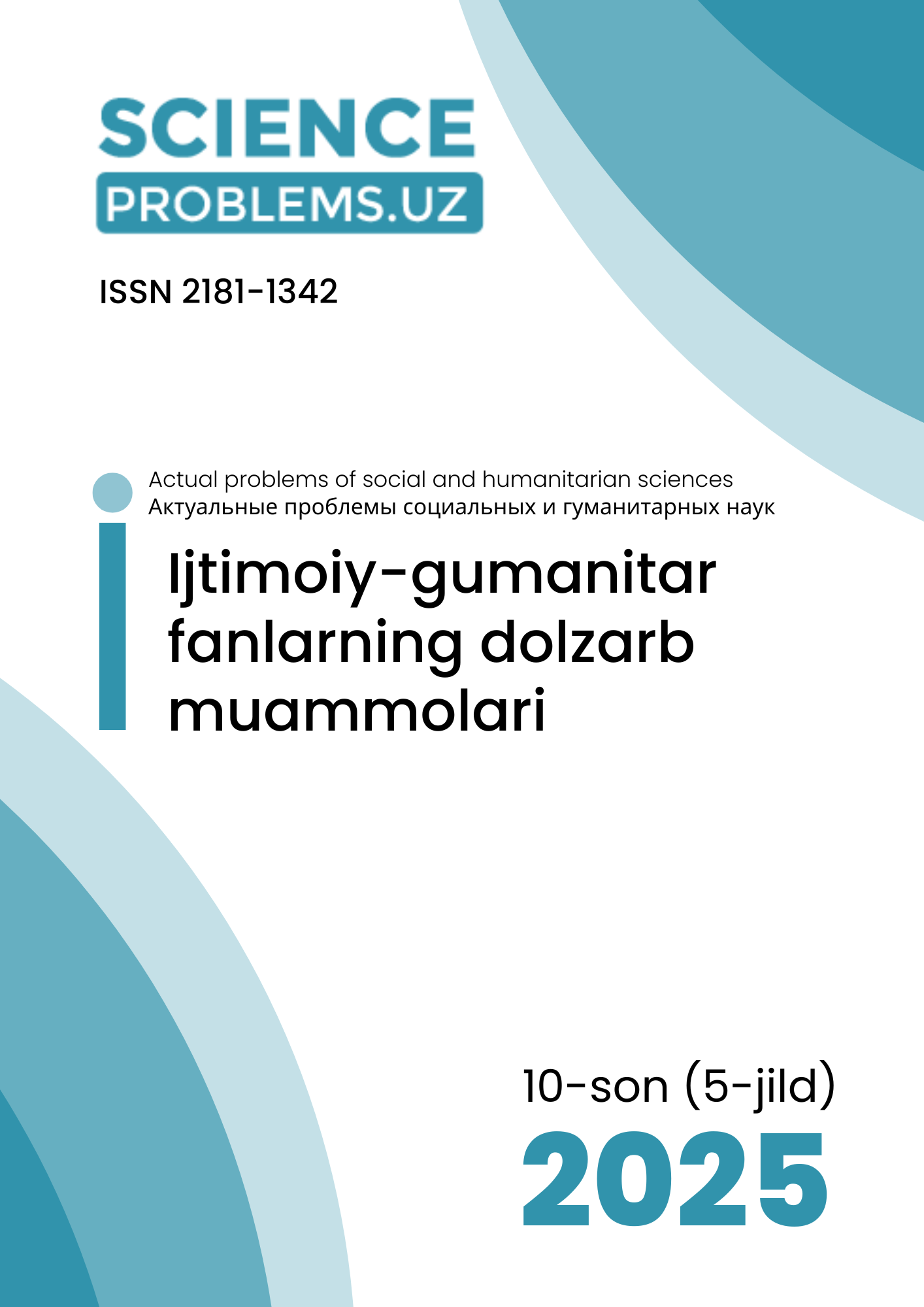ARTIFICIAL INTELLIGENCE AS AN AUXILIARY SUBJECT OF CRIMINAL PROCEDURE: DOCTRINAL APPROACHES
DOI:
https://doi.org/10.47390/SPR1342V5I10Y2025N60Keywords:
artificial intelligence, criminal proceedings, doctrinal approaches, crime investigation, digitalization, human rights, justice, ethical standards.Abstract
The article examines doctrinal approaches to defining the role and significance of artificial intelligence (AI) in criminal proceedings. Particular attention is given to AI as an auxiliary subject in crime investigation and the administration of justice. The author analyzes both international and national practices of applying AI technologies in law enforcement and judicial activities, highlighting their advantages and associated risks. It is emphasized that AI can significantly improve the efficiency of data processing, crime detection, and decision-making support, yet it cannot replace human intelligence, empathy, or the ability to account for socio-psychological aspects. The article concludes that the legislative framework for AI usage in criminal proceedings must be clearly defined, along with the establishment of ethical standards and the professional training of practitioners. A national concept for the integration of AI in criminal justice, based on the principles of legality, fairness, and humanism, is proposed.
References
1. Скобелин С.Ю. Цифровая криминалистика: объект и направления развития. Российский следователь, Издательская группа «Юрист», № 4 (2020) С. 42-44.
2. Бахтеев Д.В. Искусственный интеллект в криминалистике: состояние и перспективы использования / Д.В. Бахтеев // Российское право: образование, практика, наука. — 2018. — № 2 (104). — С. 43-49.
3. Тюринг А. №1 в Информатика и вычислительная техника. Научно-популярная литература. 1950г. С. 125.
4. Suyunova D. J., Using the Potential of Artificial Intelligence in Criminal Process., Miasto Przyszłości Kielce 2024. P. 1162-1169.
5. Gulyamov S.S., Davlatjon X., Musaev B., Suyunova D., Sartaeva Sh., Ilhomov B., Juraev J., Predictive Analytics For Workforce Planning In The Context Of Digital Transformation Of Manufacturing. 15-November 2024 y. P. 15.
6. Вехов В.Б. Автоматизированные методики расследования преступлений как новое направление в криминалистической технике / В.Б. Вехов // Известия тульского государственного университета. Экономические и юридические науки. — 2016. — № 3-2. — С. 8-11.
7. Кравцов Д.А. Искусственный разум: предупреждение и прогнозирование преступности. Вестник Московского университета МВД России. 2018;(3): 108-110.
8. Британская полиция привлекла ИИ для помощи в раскрытии преступлений. Хабр. Сообщество IT-специалистов // [Электронный ресурс]. - Режим доступа: URL: https://habr.com/ru/news/t/466471/ (дата обращения 07.06.2025).
9. Rakhimova U. Introduction of electronic criminal case into the criminal process of Uzbekistan: prospects and challenges Жамият ва инновациялар – Общество и инновации – Society and innovations Journal home page. P. 327-331.
10. Aletras N., Tsarapatsanis D., Preoiuc-Pietro D., Lampos V. Predicting judicial decisions of the European Court of Human Rights: a Natural Language Processing perspective. 2016. P. 25-30 Available at: https://doi. org/10.7717/peerj-cs.93. (accessed 2 July 2025).
11. Шарипов Ж., Нуридинов Р., Искусственный интеллект: драйвер повышения качества образования. https://strategy.uz/index.php?lang=ru&news=2096. Дата обращения: 29.09.2025г.








